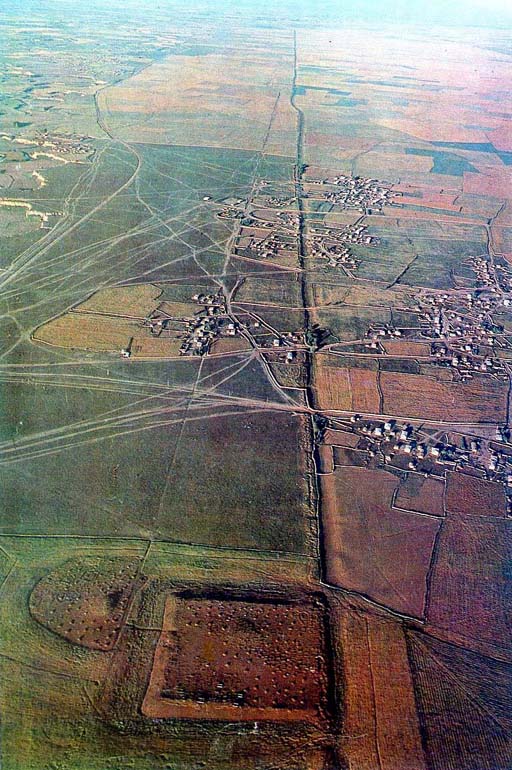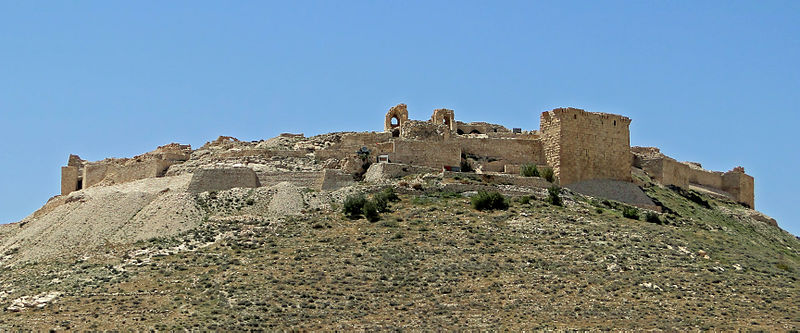About
The project Rethinking the Medieval Frontier began as a conversation in 2013 between Jonathan Jarrett and Emma Cavell. He works on the Spanish March of the Carolingian Empire, she works on women on the Welsh Marches, and we were both annoyed that the work we were reading up on these kind of areas saw them in terms of a dying debate between Romanists about whether a frontier was a line or a zone, or in terms of an actually dead debate between Americanists about open versus closed frontiers and their effects on societies. We both knew there was exciting stuff being said by anthropologists and political scientists about frontier spaces, border-crossing and border-making, both in geopolitical terms and less material ones, and we knew that some of our modernist colleagues were using it. But the straitjacket of the modern nation state and national borders hampers the modernist discourse, whereas we in the Middle Ages should be able to think outside those boxes.
For Jonathan, it all fell into place when he read the following paragraph by Crusader historian Ronnie Ellenblum writing about jurisdiction between castles in the Crusader-period Holy Land:
One could live according to the customs of a province without coming under the jurisdiction of its prince. Every person knew what the border of his property was and what belonged to his neighbour. But such a property could have been divided between two or more rulers. The owner of the property knew to whom he was obliged to pay taxes and offer gifts on religious holidays, who would try him if he committed a heinous offence and who would try him if he committed a lesser offence. In the event of war, he usually knew where danger lay and on whose side he should be in order to fulfil his auxilium duties. But all these spheres did not necessarily overlap.
As Jonathan said to his online audience when first he read that, what theory about frontiers does this not break? And from that it followed to Jonathan and Emma that perhaps rather than looting other disciplines for their discarded theories about how all this works, we should try to come up with some of our own, using the complexity and unnational political formations of the Middle Ages to provide more flexible models of what a frontier could be and indeed has been.

A frontier? Aerial view of Malta harbours region looking towards Sicily; image from Wikimedia Commons
Since then time has passed, but the questions have only got more relevant as we come up with terms like 'failed' and 'rogue' state to show that our modern conceptions of political space are not working so well any more. Accordingly, in 2015 and 2016 Jonathan pulled together a few people to talk about their pet frontiers with each other at the International Medieval Congress in Leeds, and then very shortly after that got the job there that now he holds. So armed with a base, he applied for a British Academy/Leverhulme Trust Small Research Grant, which he luckily got, and assembled the network that is now Rethinking the Medieval Frontier. We meet periodically to talk over border issues and agree what is to happen next, but we also organise conferences! For details see the News and Events pages. Occasionally, some of us also have thoughts that seem worth sharing here, and those you will find on the Blog. Any other questions? Leave a comment or get in touch with one of us! Thankyou for visiting.


